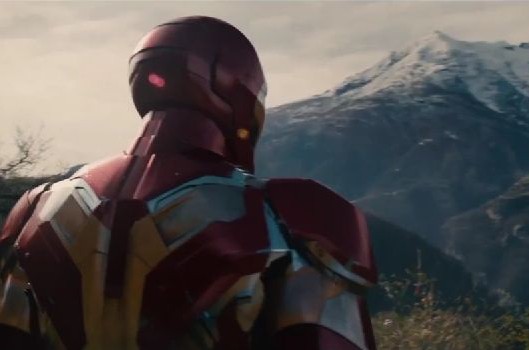Is is just me, or do the Avengers: Age Of Ultron trailers just look waaaaaaay too dark and ominous?
The latest trailer, released two days ago, shows even more depressing, apocalyptic scenes; and I’m not quite sure the actual movie (in theatres May 1) will be able to work on that level.
Anyway, here’s the latest trailer:
Now compare it to the trailer for the first Avengers movie:
Sure, the first movie’s trailer started out equally apocalyptic-y. But it picks up really quickly, and by the end, we’ve got Tony Stark cracking wise; and we also get the excitement of watching the Avengers converging and, well, avenging.
I’m just not sure this franchise can go down the dark, complex route taken by the excellent X-Men: Days Of Future Past or Nolan’s Batman franchise. It just doesn’t lend itself to that, and neither does the way director Joss Whedon set up the universe in the first movie.
The first movie was fun. It was entertaining, and it was gratuitous. Whedon gave movie-goers pretty much exactly what they wanted — the Hulk smashing things up, ScarJo in slo-mo, the Avengers fighting each other (remind me: why were they doing that again?), etc. — and it worked. I’m not a big fan of it (flimsy plot line, poor character development, one too many cliches… I have a list), but I have to admit it worked. I enjoyed it.
Now this new movie looks like a different kettle of fish. All those fun bits that kept Avengers afloat are missing. Maybe they’re just not in the trailer, but they’d look awfully out of place if the multiple trailers released so far are anything to go by.
Can Age Of Ultron work with such a dark cloud over its head? Can Whedon strike that balance between making a more complex film and giving the audience the family-friendly blockbuster superhero flick they crave?
Unfortunately, the odds don’t look too good, IMHO. But I’ll be happy to be proven wrong, cos, c’mon — it’s a movie about the friggin’ Avengers!!!





Tell us what you think!